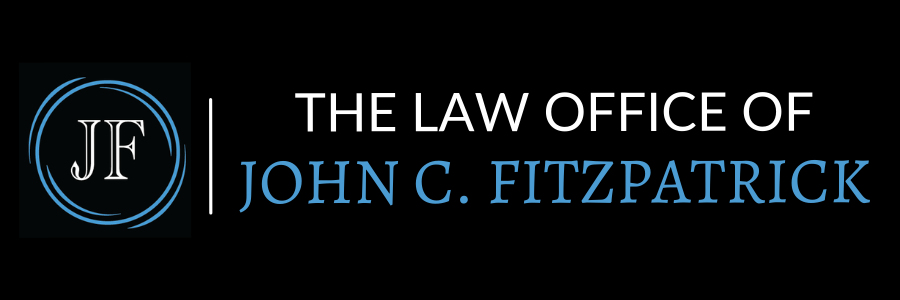Among the myriad of concepts in law, one misinterpretation often arises: where a case should be heard. This boils down to a fundamental notion—jurisdiction. Jurisdiction is pivotal in the legal system as it determines a court's authority to hear and decide on cases, be they civil or criminal. Comprehending jurisdiction can arm you with the confidence to traverse legal landscapes effectively.
Civil Jurisdiction
Civil jurisdiction pertains to a court's title to settle disagreements among individuals, businesses, or organizations. Usually, jurisdiction in these matters is linked to factors such as the location of the parties involved or where the issue arose. Picture cases of contract disputes, for instance, where two parties in different states disagree over a business agreement. Or personal injury claims where the incident happened within specific geographic bounds. Even family law matters, like divorce proceedings, fall under civil jurisdiction.
Criminal Jurisdiction
On the flip side, criminal jurisdiction designates the power of a court to engage in cases where the government prosecutes an individual for contravening the law. A crucial determinant is the locality of the crime. Cases like theft or assault that happen in a specific region will be prosecuted in the corresponding legal district. Likewise, drug-related offenses will be handled where the crime occurred. In criminal cases, it's the state or federal government leading the charge, not private individuals.
Fathoming jurisdiction, particularly recognizing the differences between civil and criminal realms, is indispensable for making astute decisions in legal affairs. Whether you're bracing to file a lawsuit or dealing with legal accusations, understanding jurisdiction is a key stride. For tailored guidance, consider consulting a legal professional to navigate jurisdiction-specific challenges you're facing. Remember to contact the Law Office of John C Fitzpatrick for your legal needs!
